Author: Longfellow, Henry Wadsworth Ed. W. F. Conover
Evangeline, A Tale of Acadie is an epic poem by the American poet Henry Wadsworth Longfellow, written in English and published in 1847. The poem follows an Acadian girl named Evangeline and her search for her lost love Gabriel, set during the time of the Expulsion of the Acadians.
“Evangeline” is considered Longfellow’s masterpiece among his longer poems. It is said to have been the author’s favorite. It has a universal popularity, having been translated into many languages. E.C. Stedman styles it the “Flower of American Idyls.” “Evangeline” is a Narrative poem, since it tells a story.
Some of the world’s greatest poems have been of this kind, notably the “Iliad” and the “Odyssey” of Homer, and the “Aeneid,” of Virgil. It may be also classified as an Idyl, which is a simple, pastoral poem of no great length. Poetry has been defined as “impassioned expression in verse or metrical form.” All modern English poetry has metre, and much of it rhyme. By metre is meant a regular recurrence of accented syllables among unaccented syllables. “Evangeline” is written in what is called hexameter.
This edition includes introduction, notes and plan of study.
$10.50

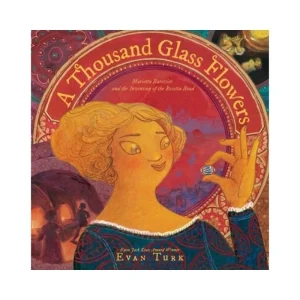
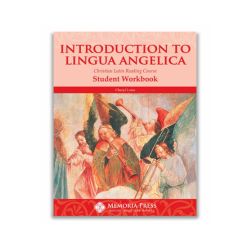
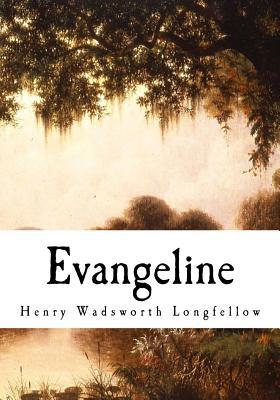


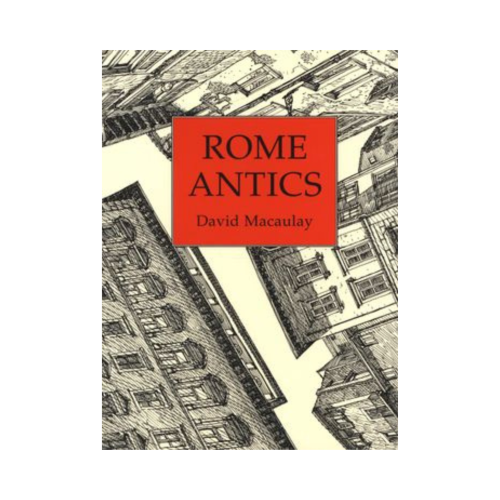
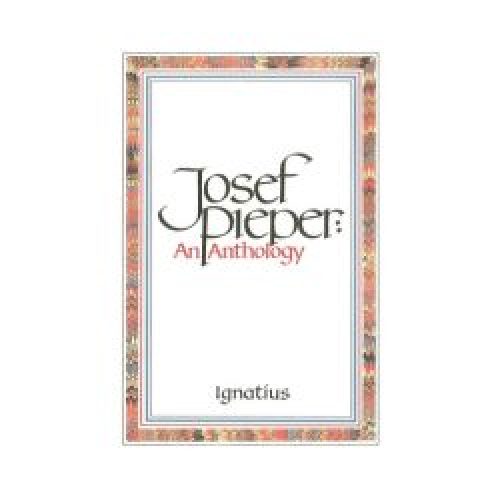

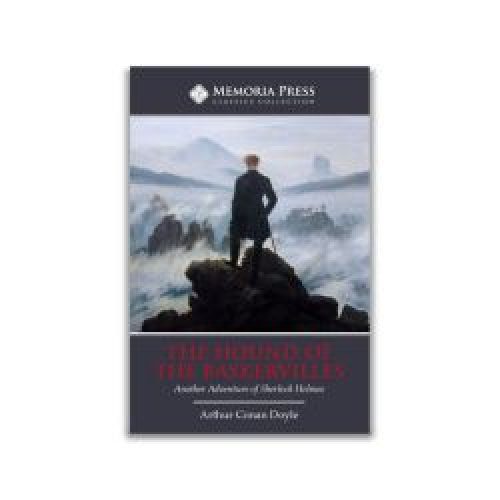
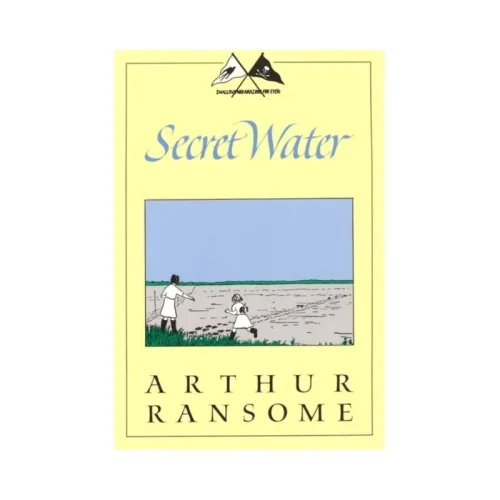
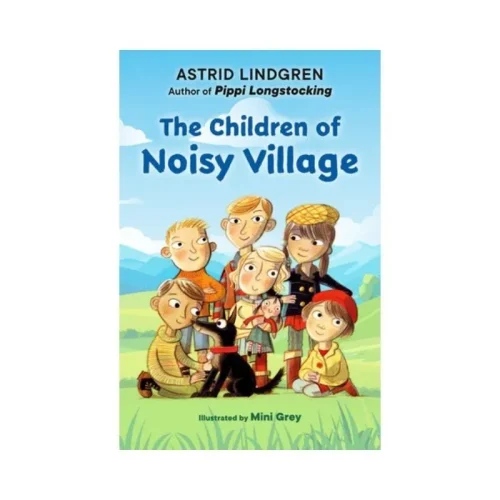

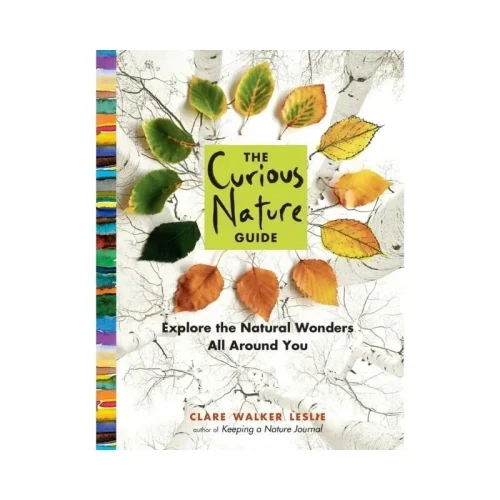
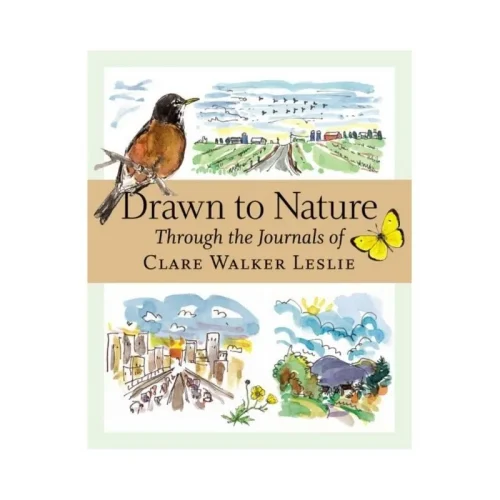

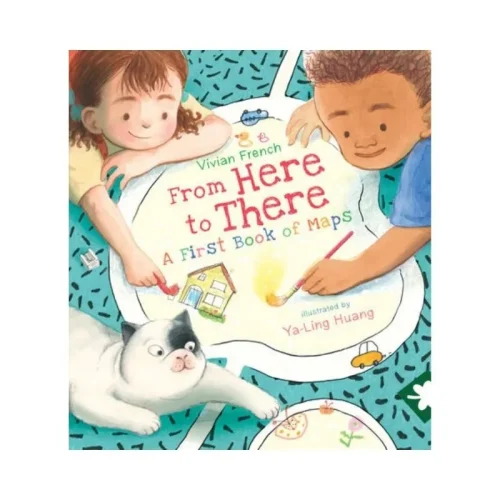
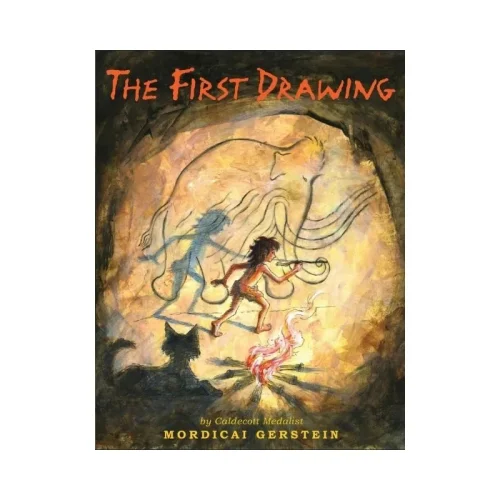
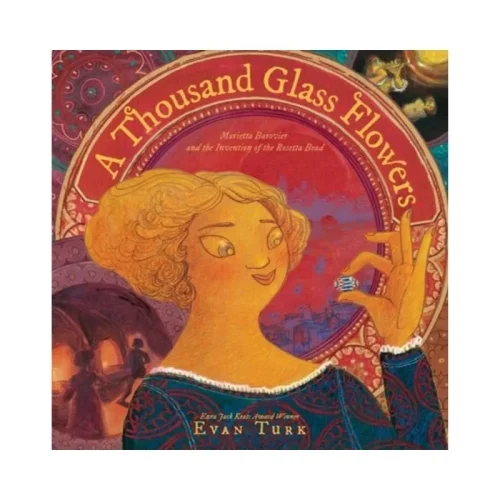

Reviews
There are no reviews yet.